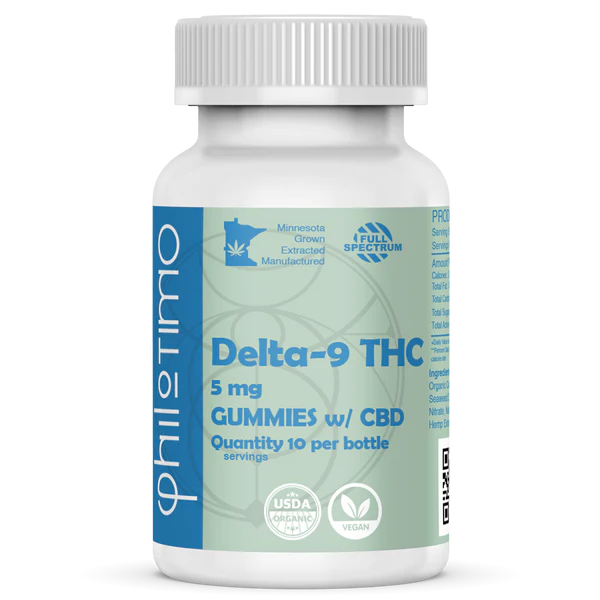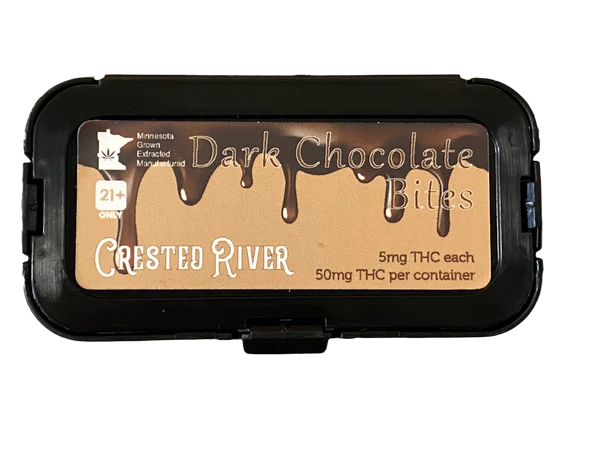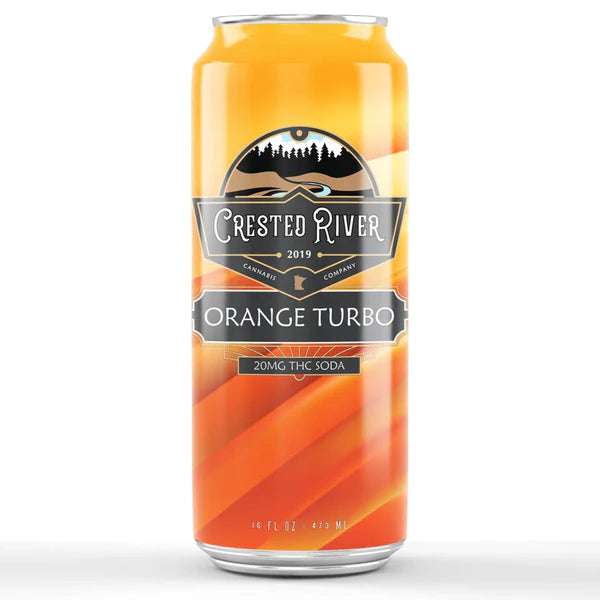
Non-Compliant Hemp Companies in Minnesota Face Lawsuits Under New Laws
With the surge in the non-compliant and unregulated THC beverages and edibles in Minnesota, the bad eggs in the market now face legal consequences for their malpractices.
New legislation in Minnesota has opened up many new opportunities and allowed for the prevalence of hemp and THC-based edibles and beverages. However, it comes with some consumer-friendly regulations that must be followed.
With new laws in place, non-compliant hemp companies now face lawsuits if they fail to abide by regulations, creating a complex and ever-shifting legal landscape.
Non-Compliant THC Edibles and Beverages in Minnesota
With illegal and subpar companies cutting corners to produce cheap products, consumers in Minnesota are at risk of purchasing questionable and potentially dangerous products.
The number of these illegal THC beverages and edibles in Minnesota has exploded recently. Reportedly, non-compliant products have led to a rise in reported cases of health complications.
Substandard ingredients, improper labeling, contamination, and lack of quality assurance testing with these companies all make it difficult to ensure a safe experience when consuming cannabis products.
These products often contain more THC than what is listed on the label, making them more potent and potentially more dangerous.
In some cases, these THC levels are high enough that they could lead to extreme paranoia, confusion, and physical impairment. Furthermore, without adequate labeling, it can be difficult for consumers to know exactly how much THC they consume, putting them at risk for adverse health effects.
Lawsuits Over Non-Compliant Hemp Products
Lawsuits for non-compliance are becoming increasingly common as companies face harsh consequences for not following the law.
This civil lawsuit brought by the Minnesota Board of Pharmacy is noteworthy because Northland Vapor allegedly violated specific state laws governing the sale of edible cannabinoid products.
It emphasizes that failure to adhere to state and local laws can result in severe consequences, including large monetary fines and jail time.
At issue here is that Northland Vapor allegedly advertised and sold in-state products with an illegal amount of THC.
Given the seriousness of this offense, Minnesota's Board of Pharmacy took the steps necessary to enforce the state's regulations properly. In addition to facing civil consequences, Northland Vapor also faces the prospect of criminal liability if the allegations against it prove true.
Therefore, this lawsuit reminds all companies that they must know how their products conform to every state's laws. Otherwise, they could face severe consequences.
When it comes to non-compliance, companies must be aware of the potential risks they face in light of the potential suit. Even seemingly minor violations can result in severe civil and even criminal repercussions.
Risks with Non-Compliant THC Beverages in Minnesota
Consumers purchase these beverages without paying attention to where and how they are produced.
When it comes to beverages, the risks are even greater. Unlike edibles, beverages require chemical processing to break down and dissolve cannabinoids.
This processing can introduce harmful agents, such as heavy metals and other contaminants, into the final product. In addition, some companies have been caught using artificial colors, preservatives, and unhealthy sweeteners to make their beverages more appealing.
Licensed and Regulated Companies to the Rescue
Given the risks involved, buying THC edibles and beverages from licensed and regulated companies is wise.
Reputable companies take the necessary steps to ensure their products are safe and meet quality standards.
It's also important to read the ingredient labels, as well as the cannabinoid content, before purchasing a product. By taking these steps, consumers can help ensure they buy only safe, quality products.
Licensed and reputable companies, like Crested River, take care of all legal requirements. Some major areas of compliance include:
Product Labeling and Packaging Laws
The FDA has released guidance documents for labeling hemp and hemp-based products, setting out guidelines for companies to follow when putting together the label for their products.
It includes information regarding product ingredients, warnings, and disclaimers where appropriate. Companies are expected to adhere to these guidelines, a violation punishable by a lawsuit if they fail to do so.
Third-Party Testing Requirements
Companies must send their products away to an accredited third-party laboratory for testing and must provide proof of these tests upon request. It ensures that the products meet the requirements set forth by state and federal laws.
Products must be free of contaminants and contain the number of active ingredients stated on the label. Companies in Minnesota that violate this regulation will also face a lawsuit if they fail to prove that an accredited third-party laboratory has impartially checked their products.
Advertising Rules
It is prohibited for companies to make false claims about their products and promote their products as a cure or treatment for any medical condition.
Companies must be careful when marketing their products to comply with the relevant laws. Moreover, avoiding language interpreted as a medical claim or a false statement is necessary. Failure to abide by these guidelines can leave companies open to a lawsuit.
Bottomline
Non-compliant hemp companies now face lawsuits under the new laws. The case we discussed is a stark reminder to all companies that they must stay compliant with local and state laws and regulations to avoid experiencing harsh penalties.
On top of labeling, packaging, and third-party testing requirements, hemp companies must also be aware of advertising laws and make sure that they are not making any false claims or promoting any treatment capabilities.
Companies can go a long way toward avoiding fines and lawsuits by complying with these regulations.






Leave a comment
This site is protected by hCaptcha and the hCaptcha Privacy Policy and Terms of Service apply.